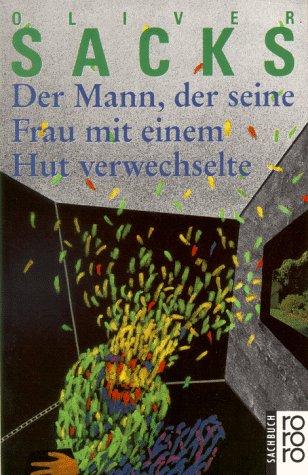Amor por sus pacientes
5 stars
El doctor Sacks dedicó su vida a estudiar a personas con graves problemas neurológicos. Se podría pensar que una actividad así haría que viera a sus pacientes como especímenes, objetos de estudio a diseccionar. Nada más lejos de la realidad. Este libro está lleno de amor, amistad y empatía hacia todos sus pacientes. Los retrata describiendo sus patologías con tal delicadeza y calor humano, que llegamos a comprender (hasta el punto donde eso es posible) su visión del mundo y vivencias como si fueran nuestras. Un conjunto de relatos maravilloso; el testamento de un científico excepcional.


